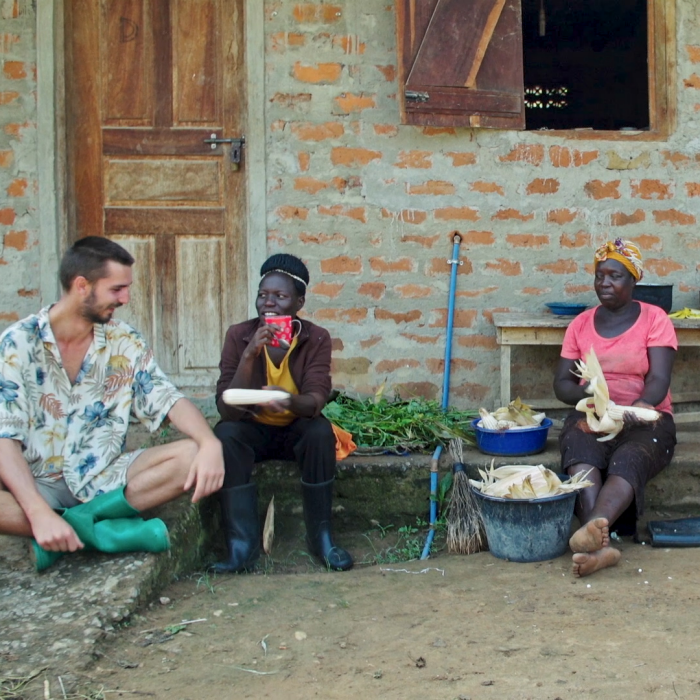Humanitarian Science and Technology Minor

Combine your passion for Food Science and Humanitarian Engineering!
Food Science and Technology expertise plays an important role in the humanitarian field. Opportunities to create immediate real-world impact could include making sure that good quality and nutritionally diverse foods are available in emergencies; addressing nutrient and calorie deficiencies associated with extreme poverty and childhood stunting and, working on solutions in partnerships that support local businesses and agriculture where possible.
The Humanitarian Science and Technology (FOODA2), opens in a new window minor will give you the opportunity to combine your skills as a Food Scientist and apply it into real humanitarian practice to address problems relating to inequalities and lack-of-access in alignment with the UN Sustainable Development Goals, opens in a new window and international humanitarian relief efforts.
Please check the UNSW Handbook, opens in a new window to learn more about FOODA2.
Humanitarian Science and Technology Minor - Program Structure
The program structure for the Humanitarian Science and Technology Minor is as follows:

BSc(Hons) in Food Science, opens in a new window students must take a minimum of 24 UoC from the courses listed below to complete the Humanitarian Science and Technology Minor.
Program coordinator
Assistance for mapping your degree
For assistance on how to include this minor into your degree or to request a project substitution for ENGG4102, opens in a new window, please contact our UNSW Humanitarian Science and Technology Minor Coordinator Jayashree Arcot.
Additionally you can also reach out to Student Support Services to check your eligibility.
Researcher testimonial

“I loved being a part of Humanitarian Engineering at UNSW! It enriched not only my understanding of the global efforts of humanitarian projects but also the study of engineering as a whole.”
Jasper Smith
4th Year Chemical Engineering

